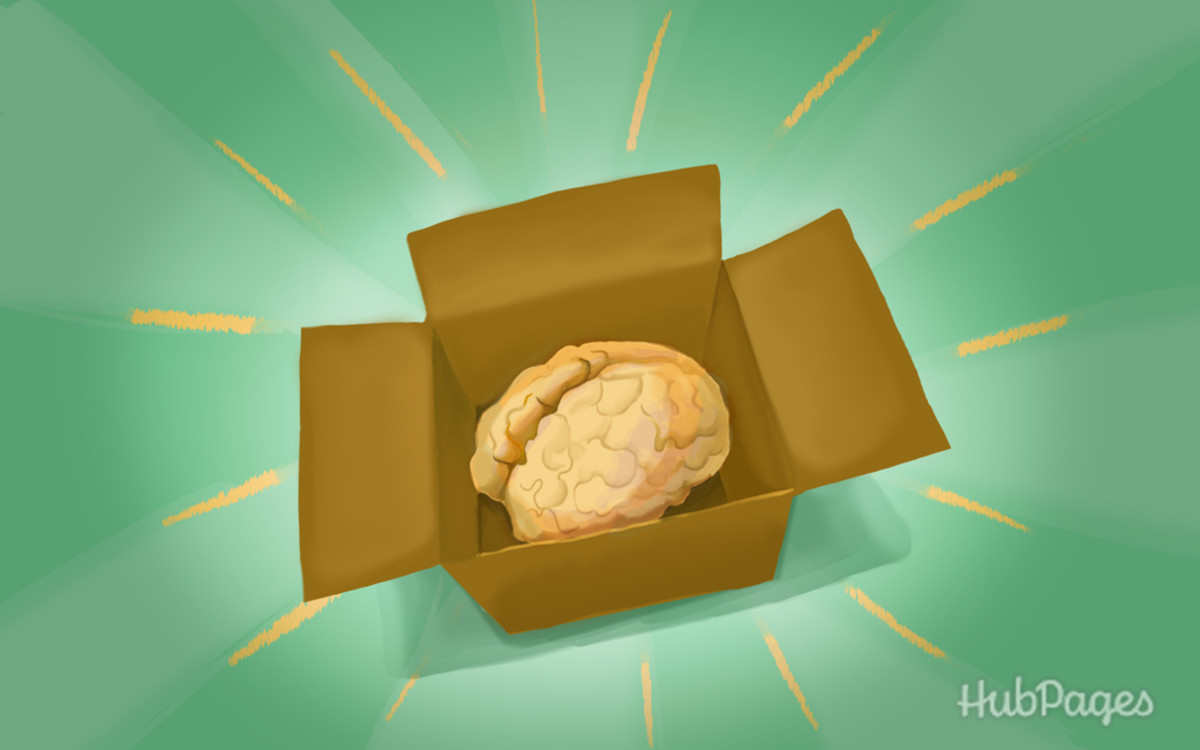How to Write a Play

Have you ever written a play?
Quite An Experience
The art of the dramatist is very like the art of the architect. A plot has to be built up just as a house is built--story after story; and no edifice has any chance of standing unless it has a broad foundation and a solid frame.
-Brander Matthews-
When someone (family, friends of the family, strangers, etc.) learns that I am a playwright, they usually ask me questions ranging from “What are you working on now?” to “What exactly is a play?” Being that I am shy, I always try to answer their questions quickly. However, one question usually leads into another and before I know it, I have a cluster of people around me. More often than not, a parent in the group tells me about their artistically inclined child and asks me if I could teach her child how to write a play. I never take these parents up on their offers because I couldn’t imagine a younger version of myself enjoying an adult invading my creative space. Also, while there are technical aspects to playwriting, the bulk of it is creation. You can teach about the technical parts, but if the child lacks creativity, there’s little I or anyone can do to get a play out of them.
What exactly are these technical parts? They are the components that were deemed necessary years and years ago by one playwright or another that seems to still be important today. I will attempt to explain them now.
Who?
- In order for me to feel inspired to start a new play, I need to have a character in mind. I will meet someone during the day, and she/he will possess traits or cause me to think of traits that someone worth writing about would possess. If the character sticks with me until I can get to a computer to write about them, I will tell their story. However, if I lose them before I can get to a computer, they mustn’t be that memorable. In a sense, if I can’t care enough about them to remember them, how can I ask others to care? A poor memory helps to weed a good character from a pack of stick figures. The play is usually about your main character and the way they deal with things. If your main character is weak, at such an early stage of the process, I recommend you go back and rethink things.
What?
- The “what” is your plot/the action/the purpose of the play. In order for the plot to develop, you need to consider your character. Why are they important to you? Why is their story more important than stick figure number one’s story? As with your main character, why should your audience care about the plot? For me, I usually get the character and the main plot points almost instantaneously. I’ll be inspired by something and this something tells me the character not only will be female, but that they’ll own a hotel on an island and have to take care of their close friend, a defrocked priest. (Okay. So maybe that’s Maxine Faulk, the main female character from Tennessee Williams play, The Night of the Iguana, but it’s still a useful example.) In order for your play to not fall flat, the “what” needs to be strong and, depending on the length of your play, able to last for a large portion of the play. Your character’s motives/driving forces need to be unshakeable, but not necessarily understandable. We don’t have to understand why the father sells the family car. All that matters is that something comes of this sale, and it thickens the plot.
Where?
- Even if you set it on the moon or in the dark corner of your brain, the actions of the play need to have a location. While it might be interesting to set the play inside a decaying gum drop, if your location is too absurd/detracts from the play, you will most likely lose your audience. This doesn’t mean that you aren’t welcome to be ultra-creative in deciding where to set your play. However, if your location overpowers your characters and the actual story, you’ve made a mistake. Yes, there are people who enjoy seeing a play that pushes them out of their visual comfort zone. Unfortunately, these people are a specific audience. The bulk of the audiences I’ve been in have been mostly older people with season tickets and hardworking parents who saved to buy their children a little bit of culture. Sadly, neither clientele likes to see Annie set in space. If you can honestly say that your “out there” setting is important to the telling of your story and that you are willing to risk having your show panned, power to you. You are a braver person than I.
When?
- As with the location, the play needs to have a “when” or time period. You may decide that your play takes place in a world where time doesn’t exist. There will be people who will ask you to give them a rough estimate of when your play takes place in comparison to our world. It doesn’t mean they are trying to be condescending. They just are unable to consider a world outside our own. For this reason, I have always had a decade in mind when I’m considering beginning a play. In my opinion, it helps you be more grounded, not exactly limited, but aware of your possibilities. Like I said in reference to “where,” try to consider your audience when writing your play. While it isn't a crime to cross lines, there will be people who will treat your play as such. Can you handle it?
Before I move on to the next part, I need to mention one last thing. You may decide to write “cues” or “directions” into your script. Having directed plays and been directed in plays, I know that the playwright’s suggested blocking (Character crosses to left holding a cup and humming a tune.) is always considered, but not always used. When a director reads a play, they formulate their own vision of the play. Sometimes their vision matches up with the playwright’s, yet sometimes it does not. The good thing about this is that while multiple directors may direct your play, till the end of time, you will always be the one and only playwright. Your suggested blocking may not be used this time, but it may be used next time.
This next part is how I write a play/what I believe you personally need in order to write a play. While I have written plays, I am not an expert, nor would I pretend to me. I believe that every playwright can only tell someone how they personally write a play. Just as there is no wrong way to eat a Reese’s Peanut Butter Cup, there is no right or wrong way to write a play.
Idea
- Don’t even try to write a play if you don’t have a solid idea. You should know your main character pretty well and have a direction in which you want to go with their story. I like to write down key plot points on a slip of paper and keep it beside my computer. It’s something useless to look at when you feel blocked and, after you’ve completed your play, it's fun to see how much your play changed from your original idea.
Confidence
- If you have no intention of ever completing your play, you probably shouldn’t start writing it. Even if you know it will never see the light of day, you have to finish telling your character’s story. You’ve come this far. Don’t stop writing just because you’re afraid/lack confidence. No writer is ever 100% certain of their work.
Creativity
- If your play starts to die after only a couple of pages/you are blocked and have lost your creative energy, I recommend you read what you have as objectively as possible. You need to figure out what still works from your original vision and what is just extra stuff weighing you and your play down. Do not delete anything you have written. You should keep a document where you put in all of the ideas you’re cutting out. You may be able to use these “extra pieces” one day. Don’t get discouraged either. The more discouraged you feel, the less work you can do. If a story is good, it will want to be told and will do what it can to get you to tell it. Just relax and take a break. Keep a pad of paper near you. You never know when an idea will strike you.
Dealing With Distractions
- Every writer dreams of a place where they can write all day, not to be disturbed, only stopping for food and going to the bathroom. Unfortunately, this place is hard to find. If you live with other people, you are bound to get interrupted for one thing or another. Even when you ask for people to only interrupt for an emergency, they still find a way to bug you. (I’ve heard that people who live alone still have to contend with noisy neighbors.) You leave the house, but where do you go? Coffee shops close and/or the management grows tired of your presence. Parks get crowded and soccer balls end up in your lap. The list goes on and on. With each interruption, you have to work your way back into a writing mindset. This is quite hard though. Though I have yet to master this, my recommendation is that you go line by line. You write a line in the bathroom. You write a line on a napkin. You write a line on a grocery list. You write a line on your hand and hope no one shakes it. Lines don’t understand that you have no time to write them down. They come at you when you least expect them. As I said before, try to have a pad of paper on you at all times. You never know when you might need it.
Writing a play is an exciting experience. You get to tell the story of someone who only you know. Through telling about them, you get to delve deeper into what makes you tick. True, plays are meant for entertaining others. Yet, they are highly therapeutic and have been known to save writers’ lives. If you’ve been debating whether or not to write a play, I say go for it. You have nothing to lose, but so much to gain.
This content reflects the personal opinions of the author. It is accurate and true to the best of the author’s knowledge and should not be substituted for impartial fact or advice in legal, political, or personal matters.
© 2009 Lincy A. Walsh








